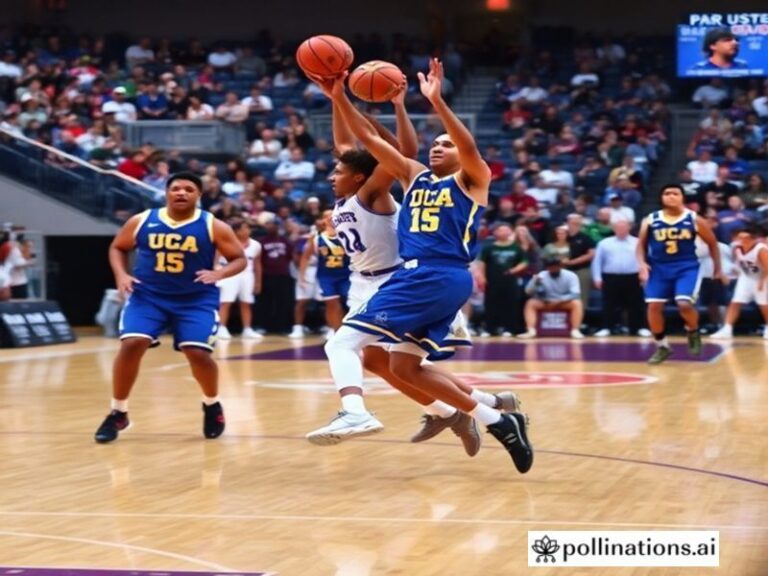Fernando Tatis Jr: How One Suspended Swing Keeps the World Spinning
MUNICH—Somewhere between the Alps and the Adriatic, a Slovenian teenager wearing a bootleg Padres jersey just flipped his bat in a cow pasture, convinced he’s the next Fernando Tatis Jr. The ball plopped into a trough, the cows scattered, and the boy’s father—who still thinks Tony Gwynn is president of baseball—muttered something about American excess. Meanwhile, in a Manila internet café, a kid who’s never seen grass outside of MLB The Show is rage-quitting after striking out Tatis in a Diamond Dynasty match, cursing in hybrid Taglish about “that overpaid cheat.” Both scenes are minor diplomatic incidents in the soft-power Cold War we politely call globalized sports, and both orbit the same 25-year-old Dominican with a 14-year, $340-million contract and a grin that says, “Yes, I know I look good in slow motion.”
Tatis is currently serving the final stretch of a PED suspension that, in any other industry, would be called a sabbatical with pay. He missed the Padres’ 2022 postseason—an October run that ended with them bowing to a team called the “Phillies,” a word that still sounds like a venereal disease to non-Americans. The suspension was officially for clostebol, a steroid usually found in ringworm treatments and, apparently, the bloodstream of players who forget to read the fine print on their flea medication. Baseball’s moral guardians gasped on five continents, forgetting that the sport itself was built on spitballs, greenies, and a color line that would make apartheid blush.
Yet the international damage report is more interesting than the domestic sermon. Japan’s NPB league—where home-run king Sadaharu Oh once held the world record like a family heirloom—quietly noted that its own players increasingly lift weights to K-pop instead of salsa, a small cultural rebellion. In South Korea, the Doosan Bears’ front office crunched numbers and realized one year of Tatis costs more than their entire 10-man pitching staff plus the groundskeeper’s pension. Across the Caribbean, the suspension stung harder: in San Pedro de Macorís, the baseball factory town that produced Tatis’s father, local coaches still refer to the incident as “la pausa vergonzosa,” the shameful pause, as if the boy personally unplugged the island’s economic pipeline. They’ve since added an extra ethics class to the academy curriculum, taught by a former buscon who once forged birth certificates with White-Out and a prayer.
Europe, as usual, pretends to be above it all. Bundesliga clubs schedule “baseball discovery days” where German kids are handed aluminum bats and told to “feel the rhythm,” a phrase that sounds sinister in any language. The Padres toured London in 2023, marketing Tatis as the “NBA of baseball,” whatever that means to a continent that thinks a grand slam involves strawberries and powdered sugar. Still, 55,000 Brits showed up, half hoping for a hooligan brawl and the other half confusing Manny Machado for a reggaeton singer. The series was pronounced “smashing,” which in British translates to “we still don’t care, but the beer was warm and lovely.”
Back in the real world—the one where GDPs rise and fall on cable-TV rights—Tatis returned this spring swinging like he’s trying to club the concept of consequence itself. Through his first 30 games he’s slashing .280/.350/.520, numbers that translate in any currency. MLB’s Chinese microsite ran a headline calling him “the phoenix of the batter’s box,” because nothing says rebirth like a state-approved metaphor. In Australia, gamblers laid down more money on Padres playoff odds than on the Melbourne Cup, prompting a stern lecture from a senator who once bet his own election at 12-1. Even the bookies in Nairobi’s Kangemi slums, who usually reserve their faith for English Premier League dives, now offer odds on whether Tatis will homer before the equatorial rains start—around 4 p.m., give or take a cloudburst.
What does it all mean? Simply that we’ve built a planet where a Dominican kid can break his wrist on a motorbike, test positive for bovine fungicide, and still move stock prices in San Diego, Seoul, and São Paulo. It’s a testament to human progress or late-stage capitalism—same difference. Somewhere, a Swiss philosopher is updating his treatise on alienation, footnoting the fact that more people know Tatis’s launch angle than the name of their own mayor. And in that Slovenian cow pasture, the ball has finally been fished out of the trough; the boy points his plastic bat toward the Dolomites, imitating a swing he’s only seen on a cracked iPhone. The cows chew cud, unimpressed. They’ve seen steroids too—just call it “vitamin paste” and move along. Baseball, like history, ends up covered in hoof prints and flies, but the show travels anyway, passport in hand, looking for the next border to cross.







